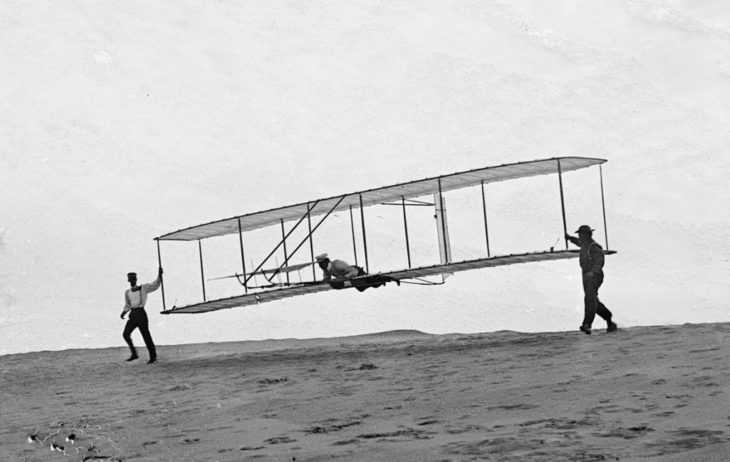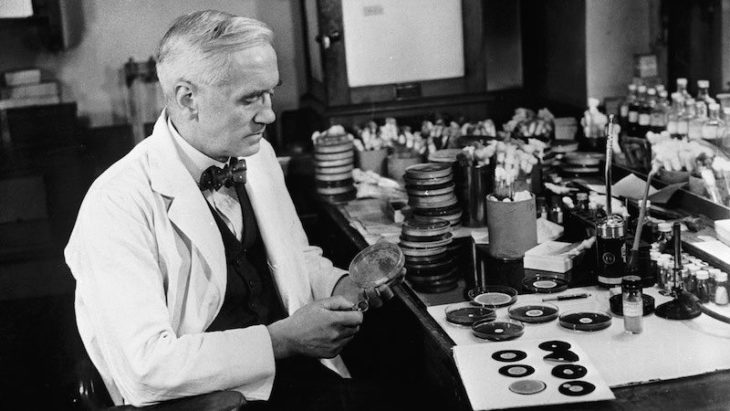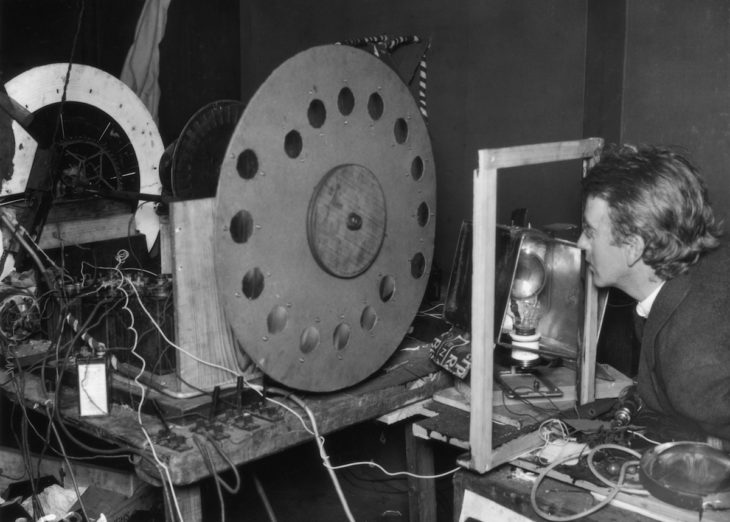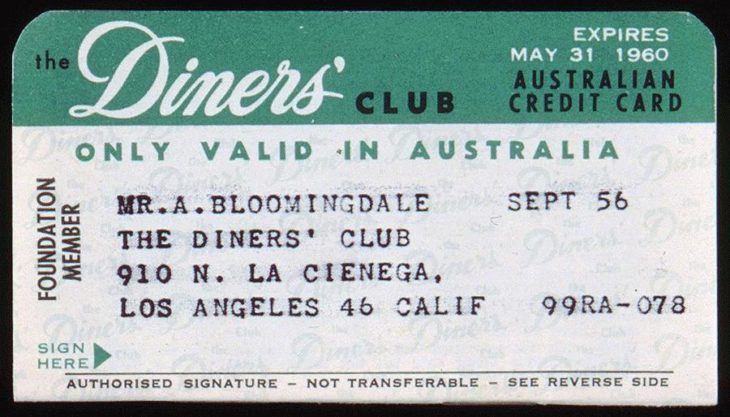With the evolution of the humankind came the evolution of the inventions that constantly changed the world and the way we live and think. From the wheel to the penicillin, the goal of each and every invention was to make man’s life easier.
During the last century, inventors were thought to be geniuses who experimented with one-of-a-kind devices and substances, in their secluded laboratories. Nowadays, anyone can become an inventor. One doesn’t have to be a scientist or to have higher education. All one needs is a unique, brilliant idea take the bitcoinsystem.io for example. However, patenting an invention requires a lot of additional work such as market research. If you have an idea of your own and want to learn more, you can do that from various sources, and what we are going to do is to remind you of some inventions that changed the world.

Source: The Irish Times
Let’s start with transportation. The most obvious inventions are the airplane and the automobile. The airplane was invented by Wright brothers, Wilbur and Orville, in 1903. However, not until 1927 when Charles Lindbergh flew from New York to Paris, was the airplane considered an important invention. Furthermore, even though the first car was invented as a motor carriage by German engineer Karl Benz around 1895, it didn’t become popular until the early 20th century. Not only did the automobile make people’s life easier when it comes to transportation, but it also created new industries such as oil and steel industry.
An invention that is still one of the most important is, of course, the penicillin. Sir Alexander Fleming discovered penicillin in 1928. His invention has saved millions of lives and has helped people to be healthy and live longer. It is no wonder why it’s still considered one of the greatest inventions of all time.

Source: Highbrow
We are moving on to some inventions that we use daily and cannot imagine a life without them. Clearly, we are talking about a telephone, television, mobile phone (smartphone), computer and the Internet.
The development of communication devices started with the invention of the telephone back in the late 19th century. Almost a century later, in the 1980s the first mobile phone was designed. Mobile phones enabled people to move around while talking and not be tied to a landline. In the next 20 or so years, mobile phones developed into smartphones we all love and cherish today. Not only do smartphones allow people to take calls and text, but they also combine many technologies like the Internet and cameras.
While on the subject of communication and dissemination of information, we have to mention the television. Since it was created in 1926, the television is to this day, still the biggest medium of disseminating information. In addition, television affected the way people lived and thought about several social issues. Another great invention that has found its way into our everyday life is the computer. Computers are constantly being developed and boosted to satisfy every need of a modern man.

Source: Time Magazine
The last communication-related invention we are going to talk about is, of course, the Internet. Even though many people believe that the Internet was created in the 1990s, the truth is that the development of it began in 1950s, but not until 1990s when Tim Berners-Lee created World Wide Web did the Internet explode. Nowadays, the Internet has an enormous impact on our everyday life, and it has affected and created many industries such as online education, online economy and banking and so on.

Source: Austin’s beast website – the 20’s
Which brings us to the last inventions we are going to talk about, and those are credit cards and ATMs. Credit cards were invented in the 1950s by the founders of the Diners club. Clearly, a few years later, ATMs were created with the goal of making the banking system easier. Nowadays, millions of people use credit cards on a regular basis, and there are over 2 million ATMs worldwide.
To conclude, in this text, we have reminded you of some invention that changed the world. Obviously, there are many more, and who knows, maybe some of these will inspire you to come up with and develop your own invention.
